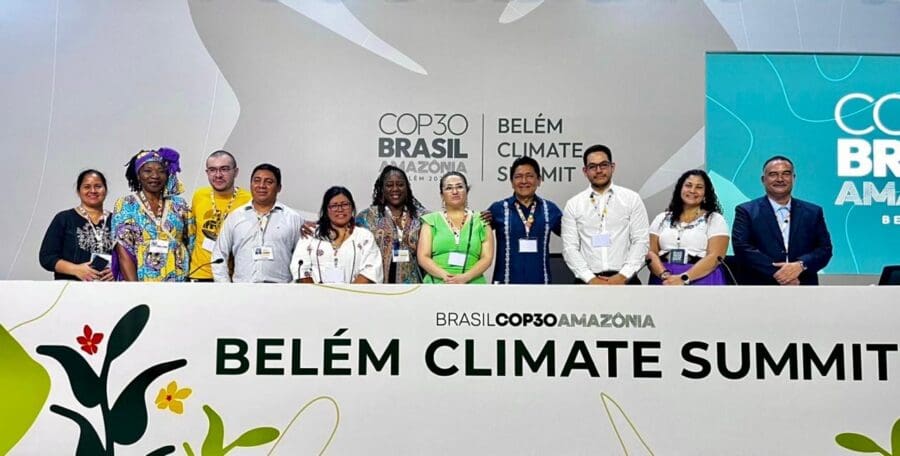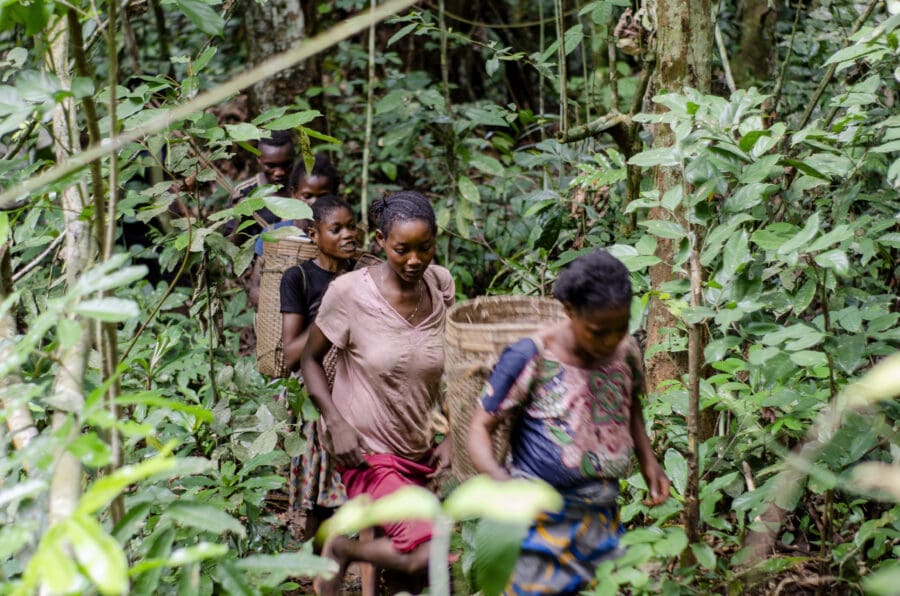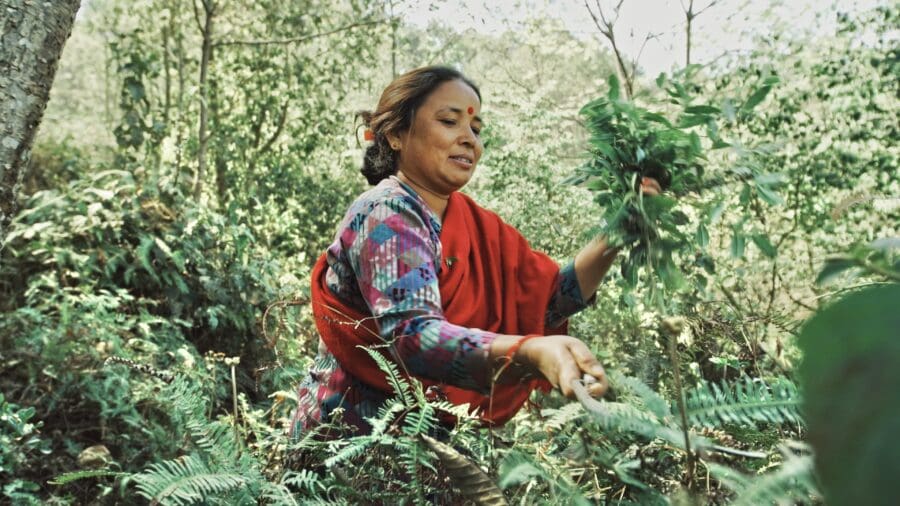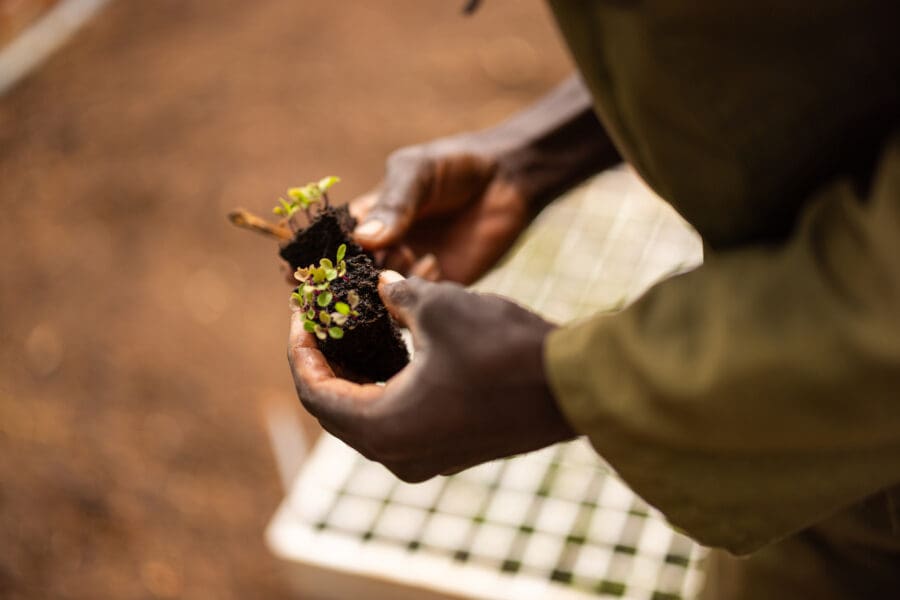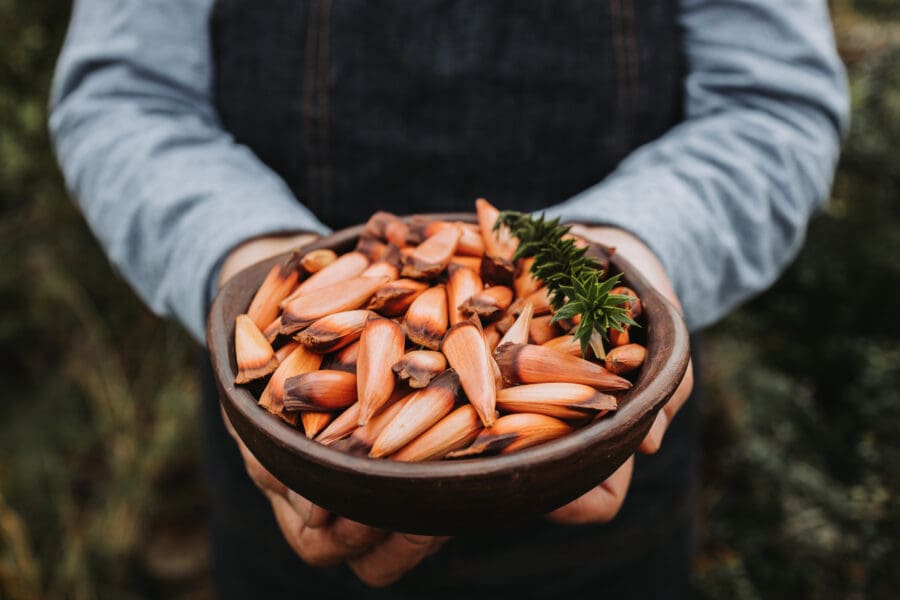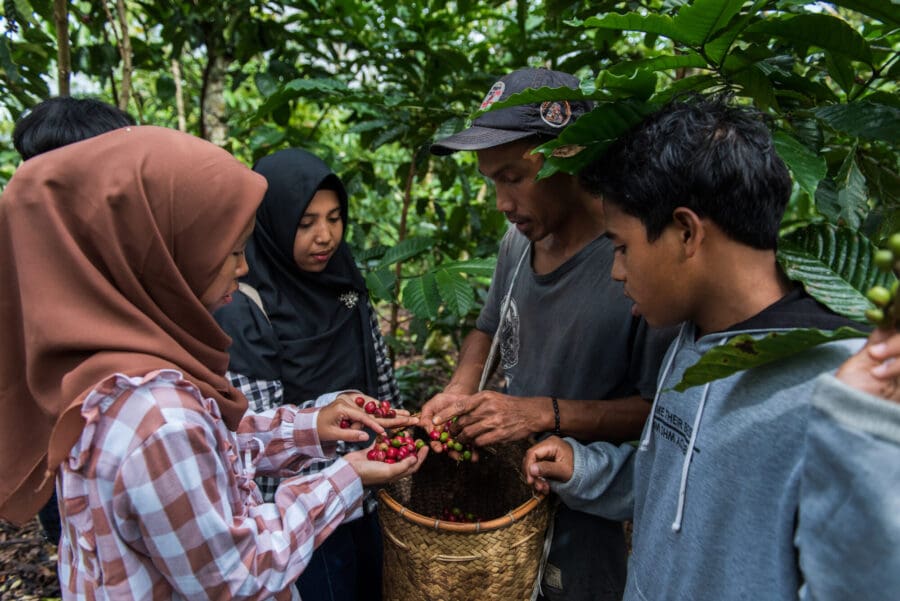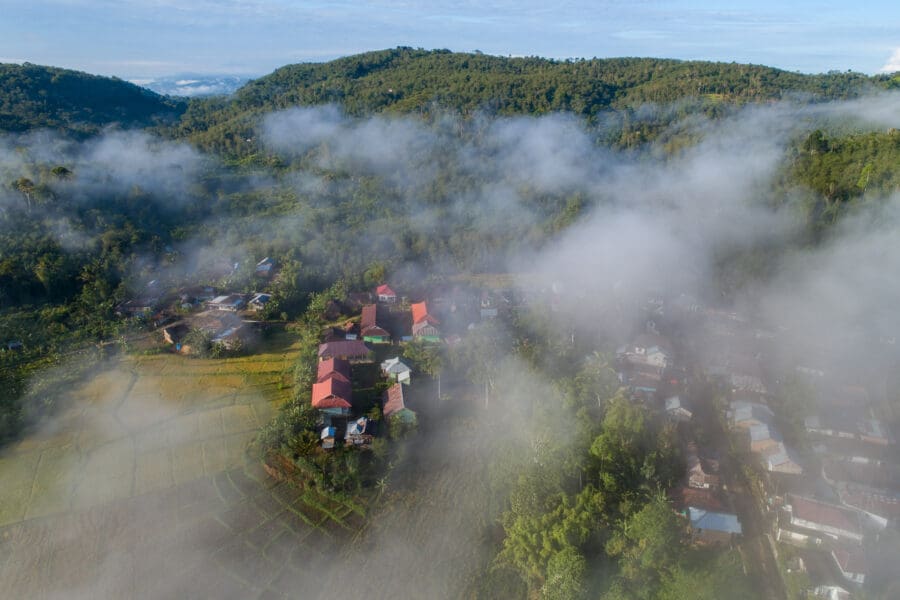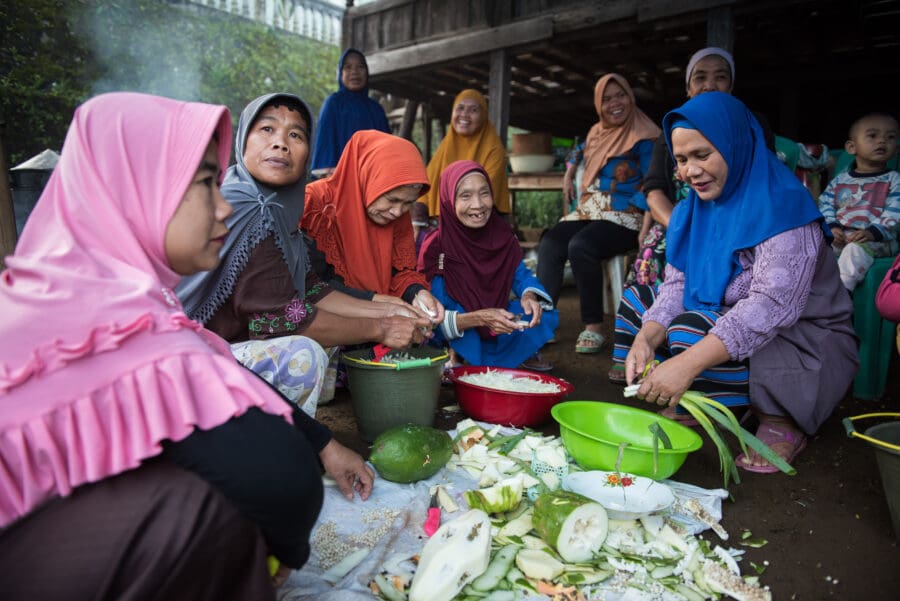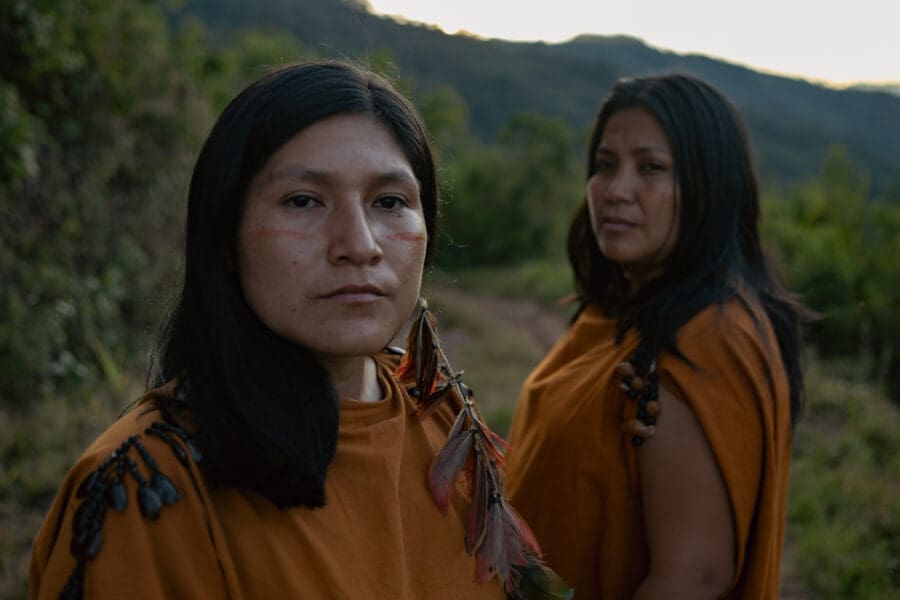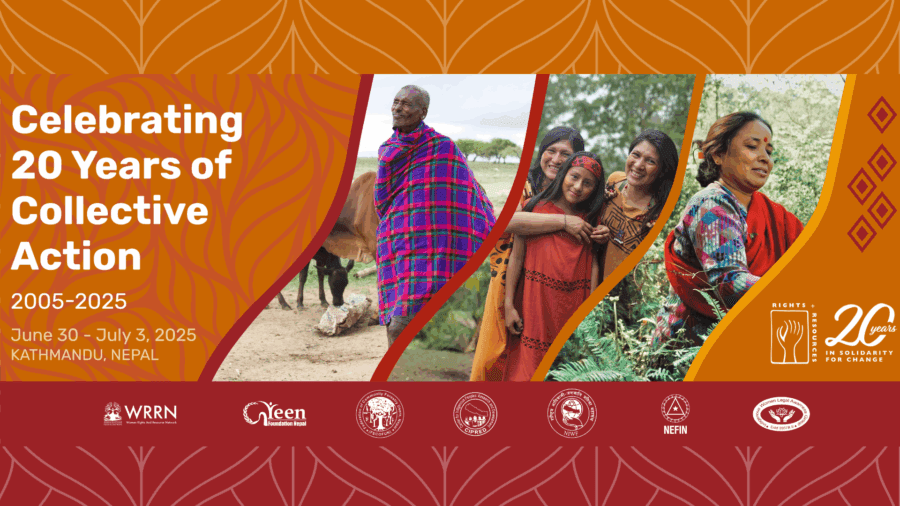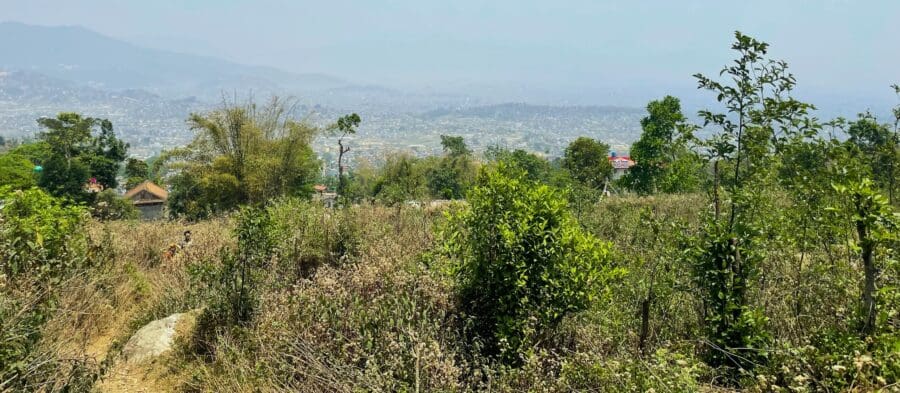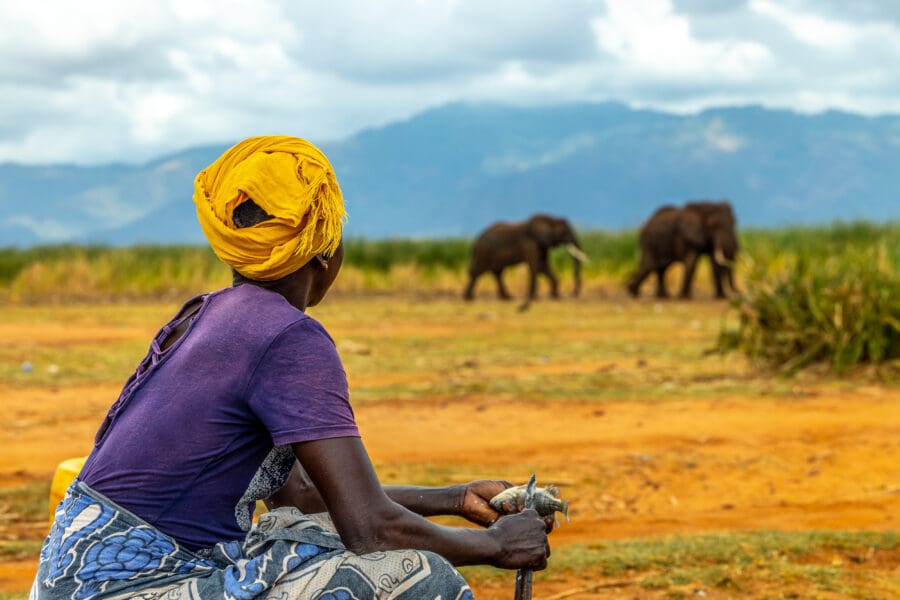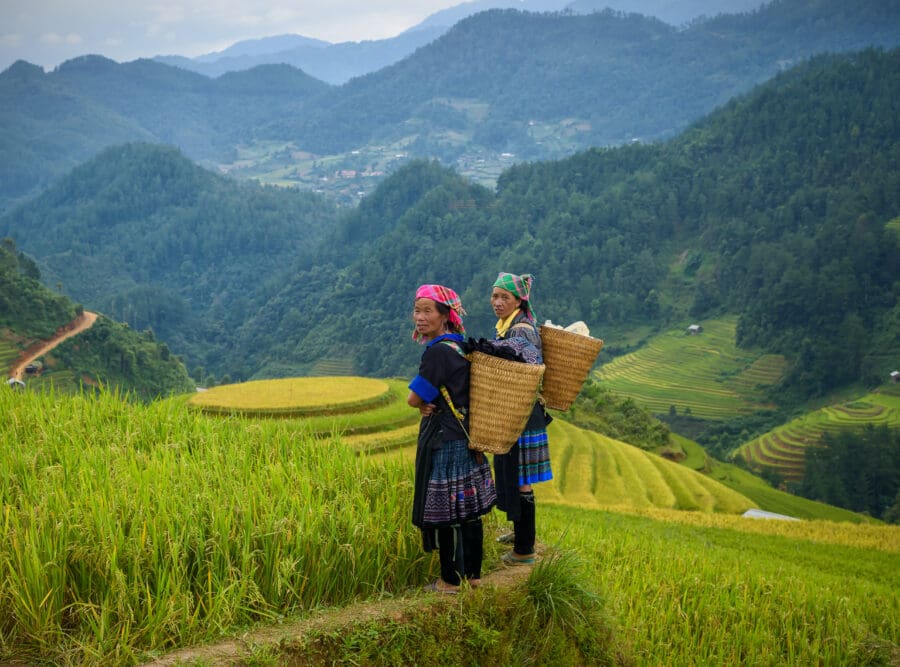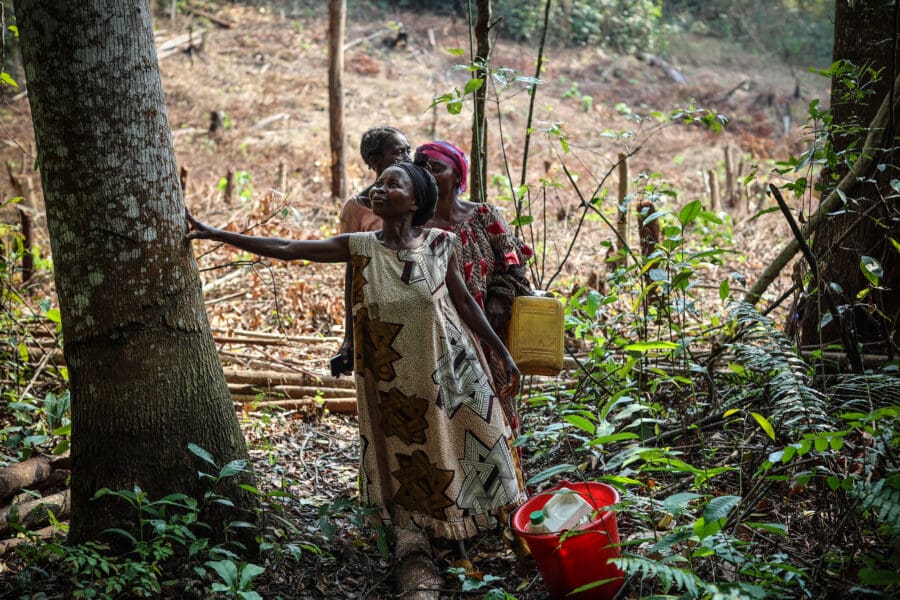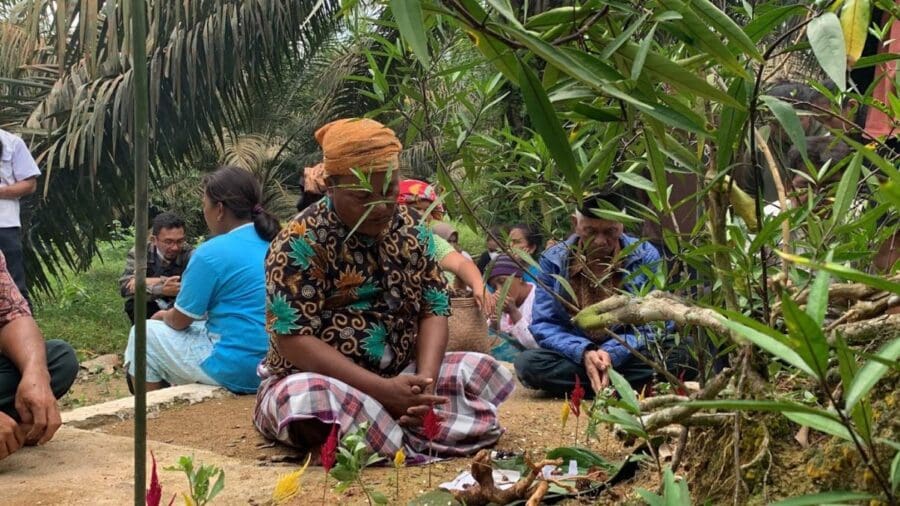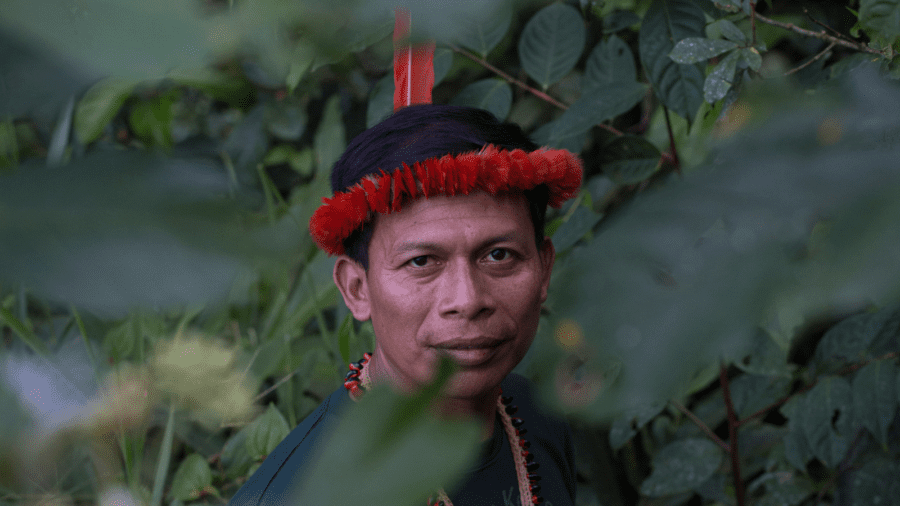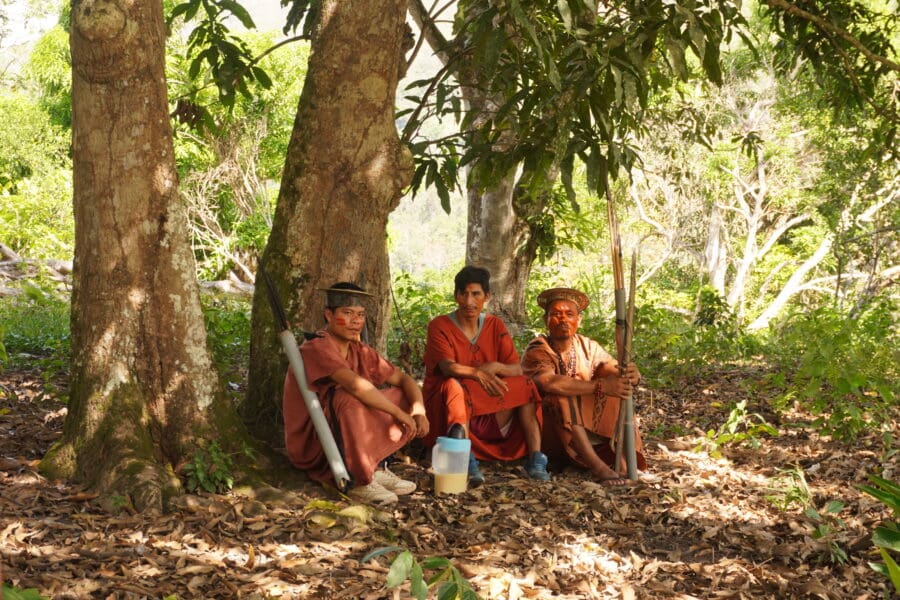2025 was a deeply challenging year for our sector, testing our coalition in unprecedented ways. But despite this, our coalition members claimed some major wins through their remarkable courage and resilience.
Local communities across Latin America, Africa, and Asia made key advances in increasing their effective representation in global climate negotiations and policies at the recently concluded 30th UN Climate Change Conference.
At the recently concluded COP30, the central role of tropical forests and the Indigenous, Afro-descendant, and local communities that protect them was firmly in the spotlight. Despite ongoing challenges, the climate summit delivered tangible, measurable gains for communities and local forest stewards, ranging from landmark land recognitions to new funding initiatives and international collaborations.
At COP30, RRI announced the next phase of its global coalition strategy, "From Rights to Livelihoods: Advancing Collective Economies for People and Planet," with the launch of a new Collective Livelihoods and Enterprise Network. The initiative represents a major step in linking land rights, sustainable livelihoods, and conservation through community-led economies.
This statement by the Women in Global South Alliance (WiGSA) extends its congratulations to governments and donors for their renewed commitment to supporting the tenure rights of Indigenous Peoples, Afro-descendant Peoples, and local communities, as announced at COP30 in Brazil on November 6, 2025, and calls on funders to address the global gender funding gap.
As the world moves toward COP30 in Belém, Brazil, countries are in the process of updating their Nationally Determined Contributions (NDCs)—the key national plans that define climate goals, strategies, and financing needs under the Paris Agreement. In this crucial context, RRI released a two-phase study in September and October 2025, analyzing current NDCs of 25 countries across Latin America, Africa, and Asia.
As global leaders prepare to gather in Belém, Brazil, this November for the 30th UN Climate Conference (COP30), the Rights and Resources Initiative (RRI) and its global partners are calling for the summit to serve as a turning point for Indigenous Peoples, Afro-descendant Peoples, and local communities who safeguard the world’s forests and biodiversity.
Novo relatório mostra progresso inconsistente em nível nacional em relação aos direitos de posse de terras para Povos Indígenas, Povos Afrodescendentes e comunidades locais
New report shows inconsistent domestic progress on tenure rights for Indigenous Peoples, Afro-descendant Peoples, and local communities
A new report by RRI, Forest Peoples Programme, and the ICCA Consortium assessing 30 high-biodiversity countries across Africa, Asia, and Latin America finds that while most countries have legal pathways to advance rights-based conservation, in practice, communities’ contributions to national conservation efforts continue to be inadequately recognized or supported.
RRI is seeking nominations for the Chair of the Board of Directors, who will guide its coalition of more than 200 partners, collaborators, and fellows in implementing its Fourth Strategic Program, which runs through 2027. We are looking for individuals committed to RRI's core issues: The land, resources, and collective rights of Indigenous Peoples, Afro-descendent Peoples, and local communities.
Over 50 young leaders from Indigenous, Afro-descendant, and local communities across Asia, Africa, and Latin America will gather in Bali, Indonesia, for the first-ever Global Youth Forum.
This new report highlights RRI's twenty years of impact on communities’ collective land and resource rights and outlines the path forward to secure their future worldwide.
Dalam perayaan ulang tahun ke-20 di Kathmandu, Rights and Resources Initiative (RRI) mengumumkan para pemenang Penghargaan Aksi Kolektif perdana. Penghargaan ini diberikan sebagai bentuk penghormatan kepada Masyarakat Adat, Masyarakat Keturunan Afrika, dan komunitas lokal dari Afrika, Asia, dan Amerika Latin atas kepemimpinan mereka dalam memperjuangkan hak kolektif atas tanah, hutan, dan sumber daya.
Durante a celebração de seu 20º aniversário em Katmandu, a Rights and Resources Initiative (RRI) anunciou os vencedores de seu primeiro Prêmio de Ação Coletiva, que reconhece povos indígenas, comunidades afrodescendentes e populações locais da África, Ásia e América Latina por sua liderança na defesa de seus direitos coletivos à terra, às florestas e aos recursos naturais.
At its 20th anniversary celebration in Kathmandu, the Rights and Resources Initiative (RRI) announced the winners of its inaugural Collective Action Awards. The awards honor Indigenous Peoples, Afro-descendant Peoples, and local communities from Africa, Asia, and Latin America for their leadership in defending their collective land, forest, and resource rights.
Community Forest User Groups play an important role in protecting the forests on Chandragiri Hill in Nepal, but they didn’t begin to make significant progress in this quest until the women of these communities were allowed to join.
Decades after the world adopted what continues to be the most comprehensive roadmap for women’s rights, RRI’s latest report highlights enduring challenges in securing the rights of Indigenous, Afro-descendant, and local community women.
Have you ever wondered why people experiencing poverty in rural areas of the Global South tend to have insecure land tenure? If you have, you may have rightly concluded that the greed of powerful actors and colonialism are an important part of the story. But this barely begins to describe the forces that have strengthened and weakened tenure security across time for those with little voice and power.
As the fight for climate justice continues, acknowledging the connections between land, water, ecosystems, and human communities is critical for the realization of positive and lasting change.
Building on the State of Funding report published in April 2024, this blog post shares important updates on finance for Indigenous Peoples', Afro-descendant Peoples', and local communities' tenure and forest guardianship and examples of how direct funding is already driving important progress in tropical forests and other key ecosystems.
The Roundtable on Sustainable Palm Oil (RSPO) has found PT Inecda Plantations, a subsidiary of Korea-based Samsung C&T Group and a certified member, in breach of its sustainability standards on the Indigenous Talang Parit territory in Indonesia.
A report aims to influence the localization agenda and improve bilateral policies and practices to ensure that more direct, fit-for-purpose support reaches Indigenous Peoples, local communities, and Afro-descendant Peoples and their supporting organizations to secure tenure rights and conserve key ecosystems and biodiversity.
On July 14, the body of Mariano Isacama Feliciano was found on the bank of the Yurac River, a tributary of the Amazon in the Peruvian department of Ucayali. Isacama Feliciano was a human rights defender from the Katkataibo Indigenous People and had been working with his community to resist the presence of illegal loggers before his death.



